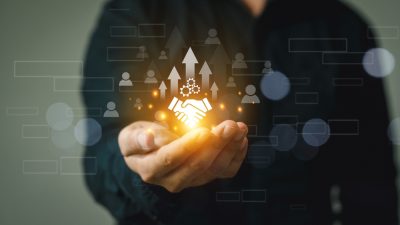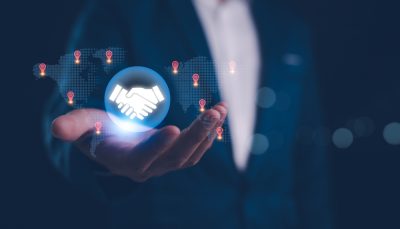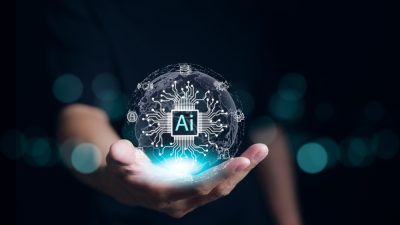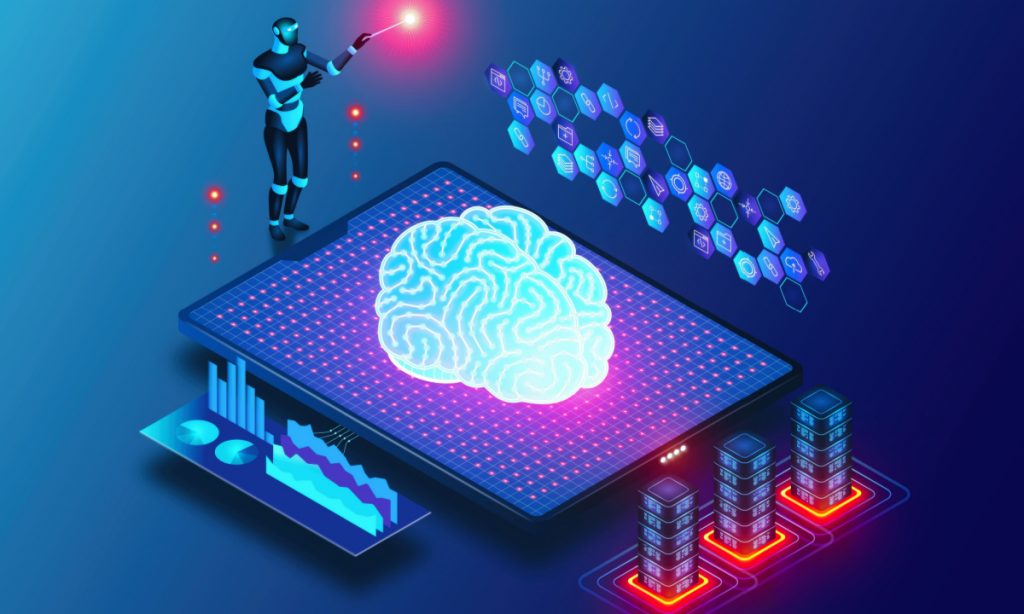Highlights –
- Applied AI received the highest scores among the 14 trends on quantitative measures of innovation, interest, and investment due to its potential applications across a broader range of industries and proximity to mainstream adoption than other trends.
- McKinsey anticipates that the reason why industrializing ML is gaining traction is that more businesses turning to AI for an expanding range of applications.
According to McKinsey’s recently published Technology Trends Outlook 2022 report, applied AI and industrializing Machine Learning are two of the 14 most significant technology trends taking place right now.
According to McKinsey, the study builds on trend research presented in 2021, adds additional information, conducts a deeper analysis, and looks at “such tangible, quantitative factors as investment, research activity, and news coverage to gauge the momentum of each trend.
Applied AI leads the pack in terms of maturity and innovation
According to McKinsey, applied AI, based on tested and mature technologies, received the highest score among the 14 trends on quantitative measures of innovation, interest, and investment due to its potential applications across a broader range of industries and proximity to mainstream adoption than other trends.
The percentage of respondents who indicated their firms had implemented AI increased from 50% in the 2020 survey to 56% in the 2021 McKinsey Global Survey on the state of AI. The 2022 research claims that while product development and service operations are the corporate areas that have benefited the most from applied AI, tech industries lead the way in AI adoption.
Roger Roberts, a partner at McKinsey and one of the report’s co-authors, defined applied AI briefly as: “We see things moving from advanced analytics towards… putting machine learning to work on large-scale datasets in service of solving a persistent problem in a novel way,”
According to him, the move is reflected in the use of AI in various publications, not just because AI scientists are publishing more about it but because researchers are using AI in various domains and pushing the use of AI forward.
“There is really that path from science, to engineering, to scale,” he said. “We see AI moving quite quickly down that path, and what I’m really excited about is the fact that more things are moving from engineering to scale.”
But the McKinsey research also emphasized several significant uncertainties that might impact the future of applied AI, such as the lack of finance and talent, worries about cybersecurity, and queries from stakeholders about AI’s ethical and reliable use.
Industrializing AI is a developing trend, according to McKinsey
As per McKinsey’s report, industrializing ML “involves creating an interoperable stack of technical tools for automating ML and scaling up its use so that organizations can realize its full potential.” McKinsey anticipates that industrializing ML will gain traction because more businesses are turning to AI for an expanding range of applications.
Roberts said, “It does encompass MLOps, but it extends more fully to include the way to think of the technology stack that supports scaling, which can get down to innovations at the microprocessor level. You’re seeing lots of new capabilities in silicon that support the acceleration of particular classes of AI work. Those innovations will move into broader use, allowing for faster and more efficient scaling in terms of computing resources and more sustainability.”
The report cites software solutions corresponding to the ML workflow, including data management, model creation, model deployment, and live model operations. It also incorporates integrated hardware and heterogeneous computing used in ML workflow operations.
Roberts added that he sees big tech organizations such as Google, Meta, and Microsoft taking the lead on industrialized ML “by a long distance.” But he predicts that the trend would soon make its way well beyond those companies: “As we create that toolchain for this new class of software and this new class of product as productized services, we’ll start to see more and more venture activity and corporate investment,” he explained.
McKinsey forecasts continued progress in AI
Roberts stressed that, in his opinion, economic concerns wouldn’t alter the strong momentum of AI.
“There’s never been a better time to be leading the application of AI to exciting business problems,” he said. “I think there’s enough momentum and capability flowing along the path of science to engineering to scale.” However, he did warn that there might be a widening gap between leaders and laggards inside specific industries.
“Leaders will continue to make the right investments in talent tooling and capabilities to help deliver scale,” he said. “Laggards may let the opportunity slip away if they’re not careful.”





























































